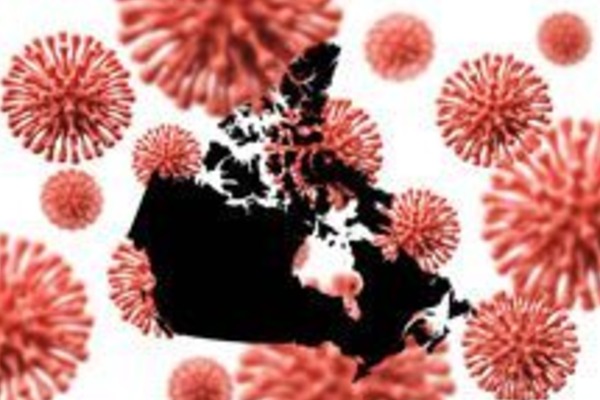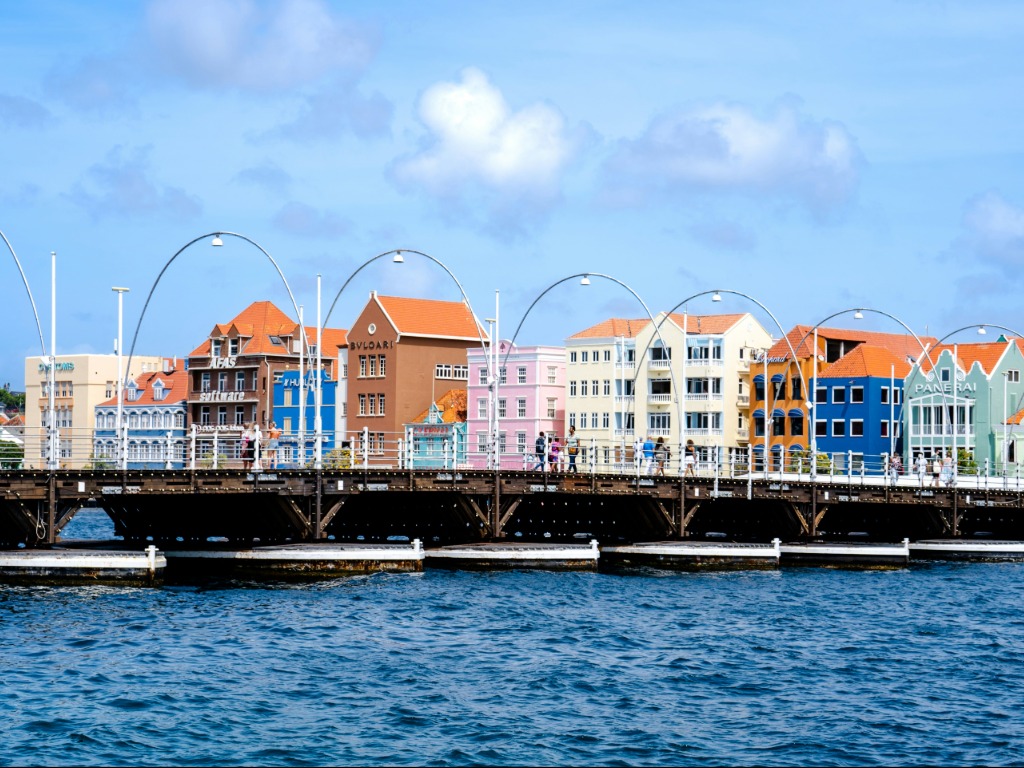TIABC, Key Partners Pen Letter To Government

In a letter to B.C. Premier John Horgan, TIABC and a number of its local and national partners stressed the importance of a cooperative approach between the federal and provincial governments to take immediate steps to coordinate and facilitate the restart of Canada’s tourism and travel sector.
The letter was signed by TIABC, Canadian Gaming Association, BC Chamber of Commerce, Greater Vancouver Board of Trade, Canadian Chamber of Commerce, International Air Transport Association, InnVest Hotels, Marriott Hotels of Canada/Marriott International, Tourism Toronto, Toronto Board of Trade, Tourism Industry Association of Canada, Fogo Island Inn, Hotel Association of Canada, Porter Airlines, Business Council of Canada, Transat A.T Inc., Tourisme Montréal, Greater Montreal Chamber of Commerce, Germain Hotels, Canada’s Accredited Zoos and Aquariums, Canadian Airports Council, Accor, National Airlines Council of Canada, Meetings Mean Business Canada, Association of Canadian Travel Agencies, Chorus Aviation Inc., Rocky Mountaineer, Air Canada and WestJet.
TIABC writes:
“As Canada begins implementing plans to reopen the economy, we believe it is paramount that, in coordination with the federal government, each province and territory take immediate steps to coordinate and facilitate the restart of Canada’s tourism and travel sector. This sector, which supports 1.8 million workers across the country including 300,000 jobs in British Columbia, 1 has been devastated by the pandemic and urgent action must be taken to prevent long-lasting economic and job impacts, some of which will be permanent if the situation is not rectified. Without a coordinated restart plan there will unfortunately be serious and lasting damage.”
The Association points out that:
“Hotels, airlines, airports, travel agencies, resorts and venues, restaurants and local retailers in each region of the country are part of the travel and tourism ecosystem and have been essentially shut down as a result of the pandemic, the border and travel restrictions, and quarantine arrangements.
We are reaching out directly in our capacity as leaders in the tourism and travel sector experienced in hosting travellers safely in our respective industries. We have proven our ability to adapt to ever-changing security, public health and safety needs. Our success in helping to rebuild public confidence was never more evident than in the aftermath of 9/11 and post-SARS. When faced with adversity and challenge, the travel and tourism sector has stepped up to embrace change, be nimble, and work with government to find solutions. The challenge today is no different.”
And it continues:
“As an industry, we fully support the efforts that have been made to ensure that the health and safety of all Canadians remains the first priority and recommend that the reopening of the travel sector be executed with strong health and safety standards and in collaboration with government guidance. We believe that with the health and safety protocols each of us have implemented in our respective businesses we can now safely reopen.
At the moment, there are significant variations in the rules between provinces that apply to travel and travellers. Provinces vary on whether to allow out-of-province visitors, on mandatory self-isolation for visitors, and other rules that are collectively resulting in a confused and reluctant public. As the Canadian economy begins to reopen, this will become increasingly cumbersome to navigate for both the public and our industry. There must be a way to streamline our approach and to encourage safe travel.”

It explains that:
“For many in our sector, the summer travel season generates a disproportionate amount of our annual revenues given the geography and climate in Canada. Additionally, without clear direction on reopening borders and removing quarantine restrictions, the meetings and events business will not only be impacted this summer and fall but possibly into 2021 as a result of businesses reticent about booking long lead time events without clear government direction. We propose to work closely with your government to responsibly take the necessary steps, including additional bio-security measures if appropriate, to ensure that the upcoming summer travel season is not entirely lost for Canadians or the industry. To that end, we urgently request a meeting with you and relevant ministers, as soon as possible, to discuss a plan of action.
The highly restrictive measures in place today are not sustainable. Like the government, we want to avoid a second wave of the virus and are certain reasonable measures can be taken to help mitigate risk. It is possible to achieve these same goals with targeted, carefully considered measures.”
TIABC writes that:
“Stay-at-home orders have been in place for many weeks and the rules and pace of economic reopening across provinces and territories vary greatly and are being implemented inconsistently. Canadians are justifiably contemplating travel this summer but remain uncertain about the end-to-end travel experience, with confusion about border restrictions, travel advisories, quarantine rules as well as rules at airports, hotels, and on airplanes. Some clarity and consistency in this regard will be key to any hope that the summer tourism season can be salvaged.
It is important to note that even if the decision was made to lift restrictions on travel today, the lead time required to call back staff, and reopen facilities with new safety protocols would be considerable. Because of the cancellation of festivals, tours, conventions and other events scheduled for this summer, even lifting travel controls would not result in activity at anywhere near normal levels. However, each day that passes without a timetable for easing restrictions guarantees further loss of businesses, jobs and tax revenue throughout Canada.”
As for its commitment, TIABC states that:
“As industry leaders we have worked diligently to prepare actionable health and safety protocols for our own businesses to reopen. Working together, we will develop and coordinate a comprehensive plan to ensure public safety and enable Canadians to connect with family and friends across the country once again, as well as to salvage a portion of Canada’s all-important summer tourism season.”
It points out that:
“We have recently launched the Tourism Roundtable to spearhead and coordinate these efforts. The Roundtable is comprised of leaders in Canada’s tourism and travel sector – airports, airlines, hotels and others – working together with a goal of restarting the sector safely and smoothly. Although Canadians will be hearing more from us in the coming weeks, some of the measures our members have already taken to protect Canadian travellers include the following:”
- Major airlines have taken industry-leading steps to ensure safe and healthy flights, including temperature checks, installing HEPA filters on planes, implementing clean cabin initiatives such as electrostatic spraying and mandatory passenger safety routines, requiring the use of face coverings and providing individual sanitization kits. See example: https://www.aircanada.com/ca/en/aco/home/book/travel-news-andupdates/2020/cleancareplus.html
- Airports have introduced significant disinfecting programs, implemented social distancing measures, mandatory mask wearing requirements, and in some cases, where appropriate and possible, have been proactively managing the flow of passengers throughout their facilities. See example: https://www.torontopearson.com/en/notices/coronavirus
- As the Canadian lodging sector readies itself to welcome guests back to their hotels and increase guest confidence, the Hotel Association of Canada, in partnership with the American Hotel and Lodging Association, has developed enhanced health and safety protocols and launched the Safe Stay initiative. Safe Stay sets out North American industry-wide health and safety protocols to ensure the safety of guests and employees. All major hotel brands and hotel companies in Canada have signed and adopted the Safe Stay initiative with most exceeding these protocols and requiring hospital grade cleaning protocols and technologies. See: https://www.hacsafestay.com/
- The Canadian business events sector has been convening multiple task forces to design made-inCanada, large venue protocols to ensure that gathering of larger groups will be done in a safe fashion. This will ensure that group travel can return and be hosted in health-conscience facilities with the highest level of operator excellence.
To that end, TIABC emphasizes that:
“Our industry is committed to working together to quickly develop and implement additional changes required to build the trust of the travelling public while keeping Canada safe. While our members are ready to play their part, in order for our recovery to be successful, the British Columbia government must take a leadership role to immediately establish clear and consistent health standards and protocols that are aligned with global rules and procedures and designed to build traveller confidence.”
And the association concludes:
“We urge the government of British Columbia to act quickly; our viability and future survival depends upon it.”


